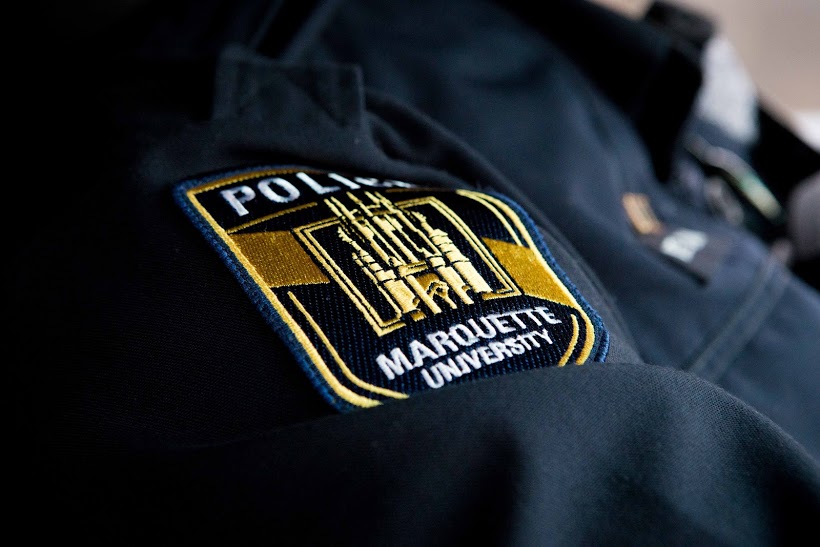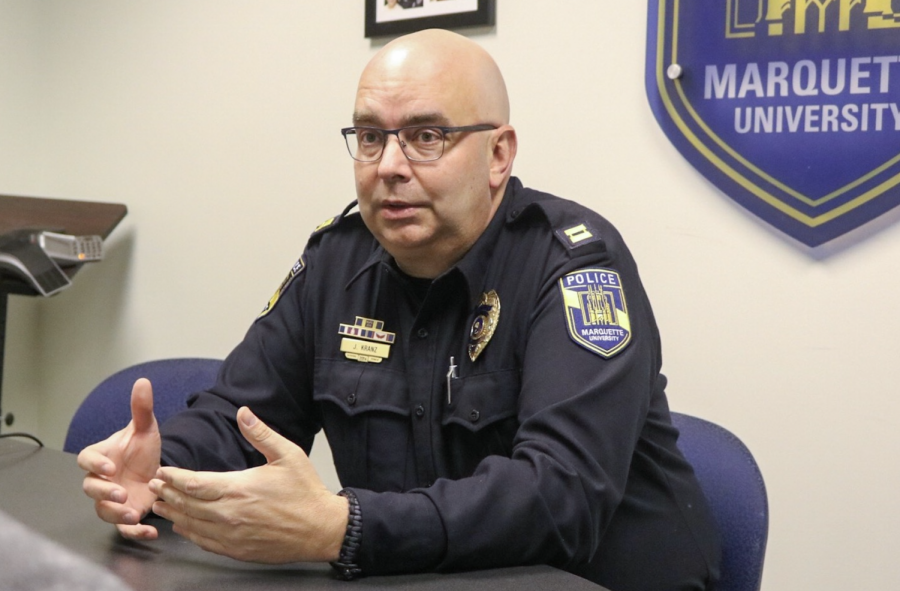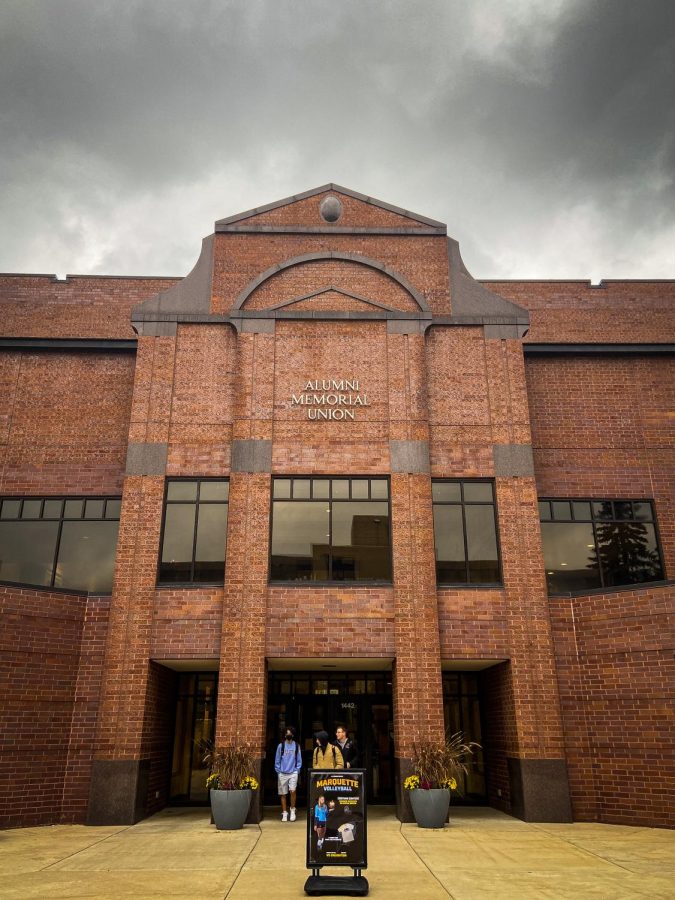Campus safety, often a pain point for urban universities around the country, affects not only current students and faculty, but also plays a large roll in prospective students’ college decision making.
In accordance with the Jeanne Clery Disclosure of Campus Security Policy and Campus Crime Statistics Act, and in an attempt to provide awareness of reported crimes on Marquette’s campus, last week the Marquette University Police Department released the 2017 Annual Security and Fire Safety Report. This document is comprised of a variety of on-campus crime statistics including reported fires, drug violations and sexual assaults.
At first glance, this report seems like a great way to keep the Marquette community informed about safety on campus. However, there is a major limitation to the accuracy of this data: the sample size.
Due to the Clery Act, universities are required to report crimes that take place on property owned by the university, the sidewalks and streets adjacent to these university-owned properties and property leased by the university or approved student organizations. Because of these restrictions, there is a large portion of the MUPD patrol zone, including the majority of off-campus student housing, that is not included in these reports.
But the crimes that occur outside of these restrictions are not required to be included in the ASR. For instance, the recent alleged sexual assault that occurred on 19th and Kilbourn Streets, although reported to MUPD, would not be included in the ASR because it is not part of the campus, but still located in the MUPD patrol zone.
The only way to access these reports is to manually go through paper copies of the daily logs released by MUPD, as they do not provide past crime reports electronically, following a Marquette Wire Freedom of Information Act request in 2016. Not only is this process outdated and cumbersome, it is also expensive because an individual is responsible for the printing fees. This process needs to be revised, because the Marquette community should not have to overcome obstacles to obtain the most accurate reports.
An article published by the Marquette Wire in 2015 sheds light on the under-reporting of sexual assaults. Over a three-year period, Marquette reported a total of 30 sexual assaults to the federal government, but that only accounted for just over half of the sexual assaults that took place in the, then Department of Public Safety, patrol zone. The intentional discrepancy between crimes occurred and crimes reported, although legal, does not align with MUPD’s commitment to integrity and transparency.
Moreover, despite calling attention to those discrepancies, the 2015 article did little to inspire change in MUPD’s reporting habits.
A message from MUPD Chief Paul Mascari included in the first pages of the ASR reads, “The ASR is an excellent resource for not only security and safety policies, but also for prevention, education and response information.”
The irony is this message implies that the information provided gives a complete picture crime data in the Marquette area.
Lack of transparency breeds distrust, and MUPD must take initiative to provide readily accessible, comprehensive crime statistics to the Marquette community. There is a difference between meeting a requirement and meeting an obligation, and in this instance, MUPD has a moral obligation to provide safety awareness to the area where many of Marquette’s upperclassmen students live.








